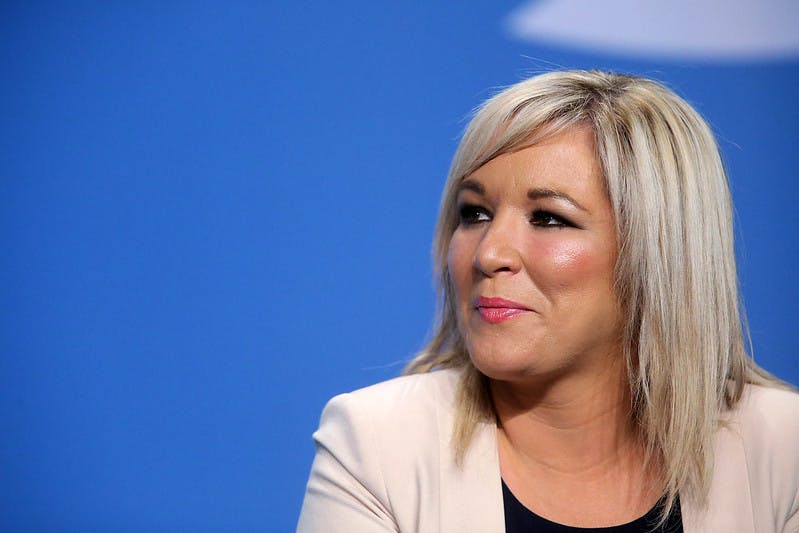A look ahead at the key events leading the news agenda next week, from the team at Foresight News. Delivered to your inbox on Fridays.
Leading the week
The long, drawn-out deadlock in Stormont that has plagued Northern Ireland comes to an abrupt end this week as the country’s restored executive is likely to take the reins of devolved government for the first time in two years. Following the agreement reached between the Government and the DUP’s officer board on Monday, and the passage of the Government’s Command Paper through Parliament yesterday, the Northern Ireland Assembly has been called to sit on Saturday to elect a new speaker and determine ministerial appointments to the new executive. Sinn Fein Vice President Michelle O’Neill is set to be named first minister, becoming the first nationalist to lead the executive in the history of the country and signifying a momentous shift in Northern Ireland’s internal power balance and politics. 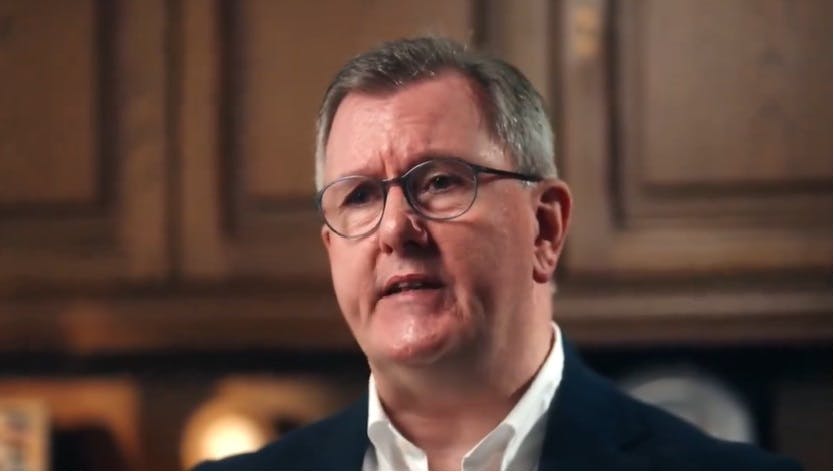
The new executive is expected to hold its first meeting on Monday (February 5) and, historical landmarks aside, the resolution of a number of pay disputes with public sector workers will be at the top of its to-do list. With the funds necessary to award pay rises having been suspended as a result of the deadlock, Northern Ireland has been gripped by public sector strike action in recent months, including transport sector action yesterday that saw 3,000 workers take to the picket lines. The new government will also have to deal with those who opposed the agreement and are unlikely to fade away quietly – while DUP leader Jeffrey Donaldson has enough colleagues onside to have confidence going into the recall session, opposition from prominent voices including MP Sammy Wilson and loyalist blogger Jamie Bryson may continue to cause problems as the practical implications of the deal become clearer.
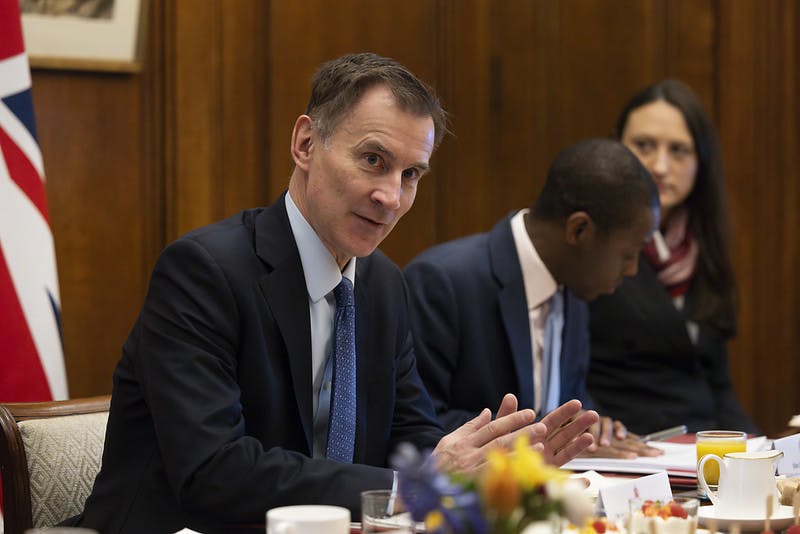
Hot on the heels of the IMF’s latest forecasts, Chancellor Jeremy Hunt may need to brace for more unsolicited advice as the OECD is set to release an evaluation of its economic outlook on Monday (February 5). The update to November’s gloomy forecast, which predicted meagre growth in the UK for the next two years and warned of persistently high inflation, is unlikely to make for pleasant reading in the Treasury given the OECD’s recent assessments of the UK’s economic prospects. Any pronouncement that echoes the IMF on taxation and spending will go down particularly badly as we approach budget season, though Hunt’s remarks to ITV’s Robert Peston this week suggest he is at best undecided on the issue. The OECD report is followed on Wednesday (February 7) by the latest quarterly review from the respected NIESR think tank, which offered a similarly bleak outlook for the UK economy in November.

It’s Super Bowl Sunday (February 11), and it looks likely that this year’s game will surpass last year’s record viewing figures that made Super Bowl LVII the most-watched US-based telecast of all time. The defending champion Kansas City Chiefs will be looking to make it three trophies in five years as they take on the San Francisco 49ers, who they defeated back in 2020. Star quarterback Patrick Mahomes was the MVP in both previous outings, while the 49ers’ Brock Purdy will become the lowest-drafted QB ever to start in a Super Bowl as his team looks to win the Lombardi Trophy for the first time in nearly 30 years.
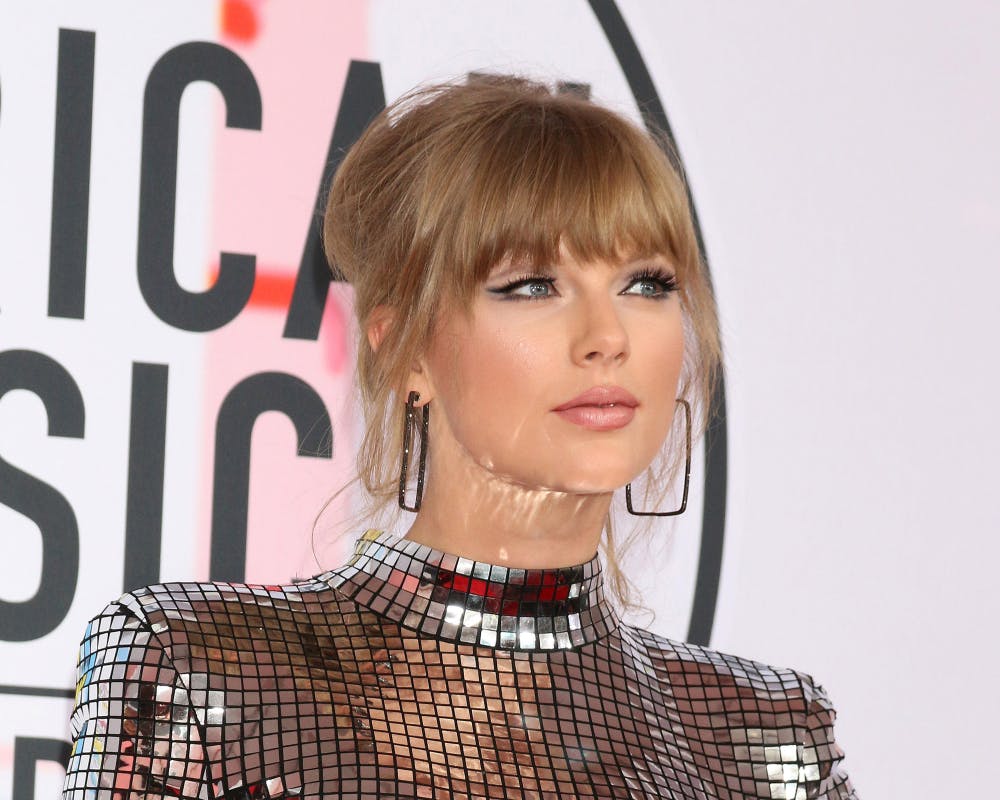
But while the game has always attracted a huge audience from both sports fans and those who just want to see the $7 million ads, the circus taking place on the sidelines this year may push the numbers to new heights. KC tight end Travis Kelce’s relationship with global superstar Taylor Swift has Swifties crunching the numbers and planning watch parties in hopes of spotting her in the crowd after she jets back from a gig in Tokyo to show her support. MAGA Republicans, meanwhile, have started floating conspiracy theories that involve the NFL being rigged to up Kelce and a psyop-Swift’s profile ahead of the power couple endorsing Joe Biden. Monday’s coverage is likely to have a healthy dose of speculation about the pop star’s power to mobilise fans and some totally normal MAGA reactions, whatever the result.
Looking abroad
As the Republican primary race rumbles on despite being declared effectively over, the Supreme Court will hear arguments on Thursday (February 8) in the case stemming from the Colorado Supreme Court’s landmark December ruling that former president Donald Trump should be barred from appearing on ballots over his role in the January 6, 2021, attack on the US Capitol. At the heart of the case is Section 3 of the 14th Amendment of the Constitution, the until-now obscure provision known as the ‘insurrection clause’ that bars anyone who has taken an oath as an officeholder of the United States and engaged in insurrection from holding public office.
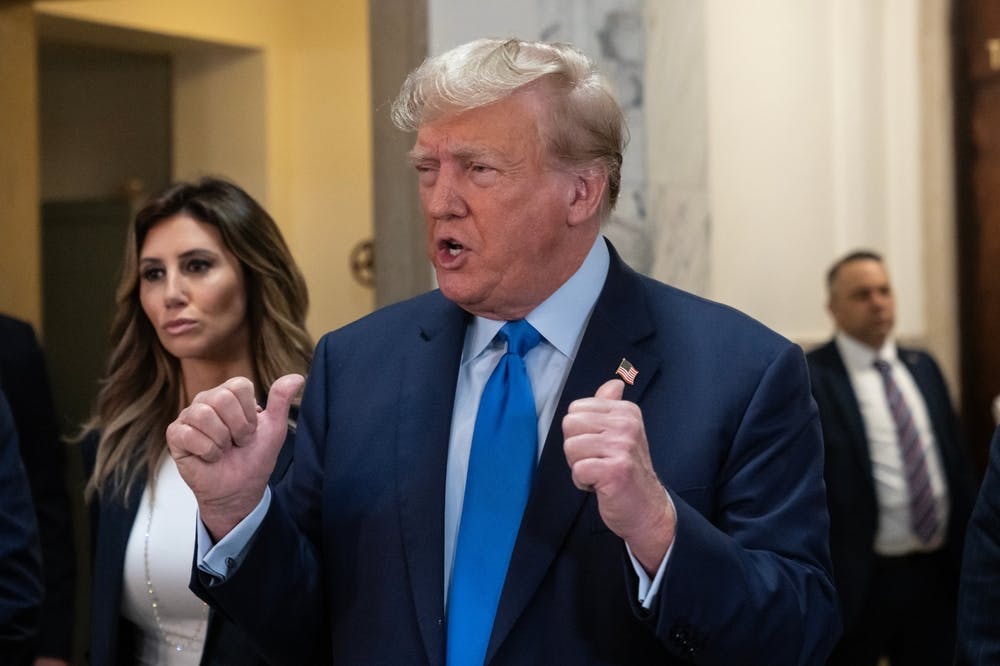
Although a ruling won’t be announced immediately (though it’s likely to come before Super Tuesday on March 5), Supreme Court-watchers can often get a sense of which way key justices are leaning from their line of questioning during arguments. The hearing will coincide with the Republican presidential caucuses in Nevada, where Donald Trump has ended up as the sole remaining candidate after Nikki Haley opted to forego delegates to the Republican National Convention and instead run in the state primary being held on Tuesday (February 6), when Democrats are also holding their presidential primary.
The first of three international elections next week takes place on Wednesday (February 7) in Azerbaijan, where long-time president Ilham Aliyev is all-but-certain to win yet another term. Aliyev called a snap election last December amid heightened popularity linked to his administration’s resounding defeat of separatist Armenians in the enclave of Nagorno-Karabakh.
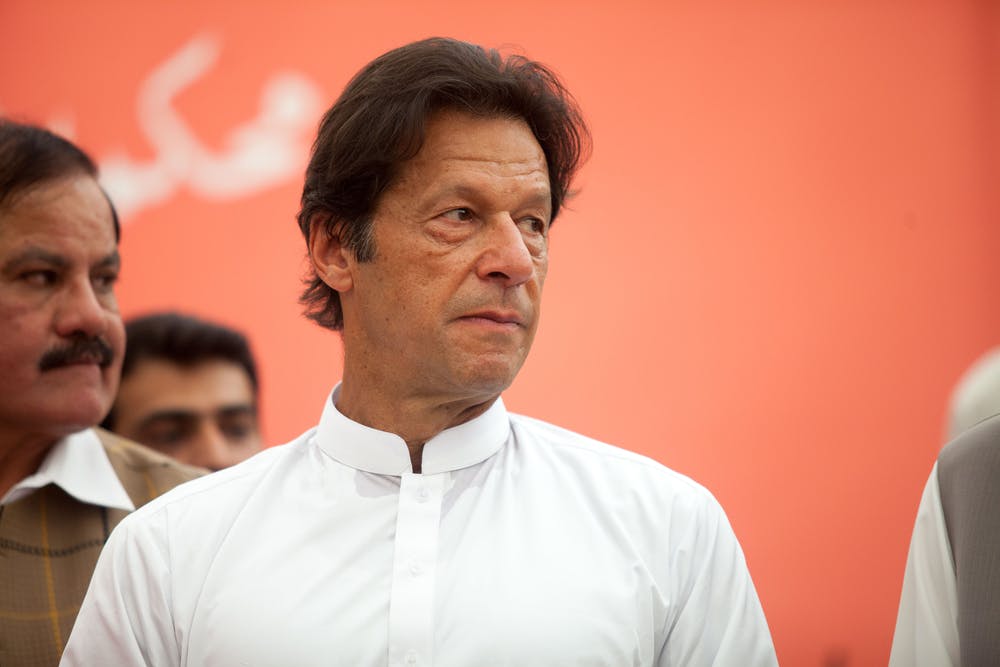
On Thursday (February 8), there are long-awaited parliamentary elections in Pakistan, which has been in turmoil since the 2022 ousting of then-prime minister Imran Khan that prompted months of protests from his supporters. Khan won’t be running as a candidate this time around, not least because of the 10- and 14-year sentences he received this week on top of the three-year sentence he was handed last year for ‘corrupt practices’. Ironically, former prime minister Nawaz Sharif of the PML-N party, which took control after Khan’s ouster, could find himself back in his old role despite his conviction on corruption charges after the country’s Supreme Court overturned lifetime bans preventing politicians with past convictions from running for office.
The last election of the week is in Finland, where centre-right former prime minister Alexander Stubb is leading in polls against centre-left former foreign minister Pekka Haavisto after they progressed to the presidential runoff on Sunday (February 11). Haavisto will have a chance to try to turn the tide ahead of the vote when the pair meet for their final debate on Thursday (February 8).
